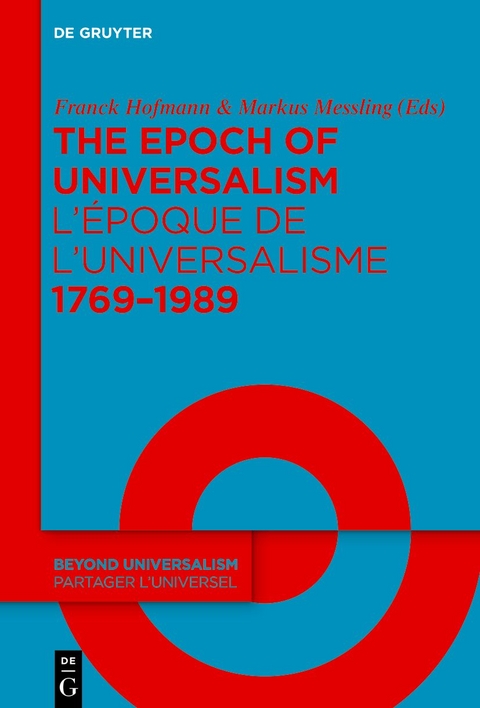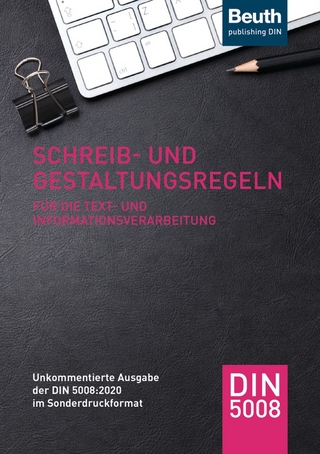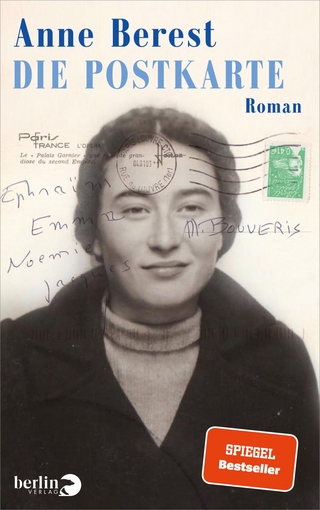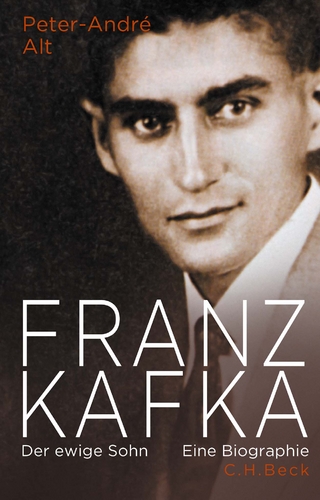
The Epoch of Universalism 1769–1989 / L’époque de l’universalisme 1769–1989
Seiten
2022
De Gruyter (Verlag)
978-3-11-099518-3 (ISBN)
De Gruyter (Verlag)
978-3-11-099518-3 (ISBN)
How can universality be addressed after the necessary epistemic and ethical critique of Western universalism? Building on such concepts as materiality and reparation, narration and translation, the series Beyond Universalism | Partager l’universel seeks to understand how contemporary cultural and social practices are producing a new consciousness of universality – experiences, reflections, and agencies of a shared humanity.
2019 witnessed the 30th anniversary of the German reunification. But the remembrance of the fall of the Berlin Wall coincided with another event of global importance that caught much less attention: the 250th anniversary of Napoleon Bonaparte’s birth. There is an undeniable historical and philosophical dimension to this coincidence. Napoleon’s appearance on the scene of world history seems to embody European universalism (soon thereafter in the form of a ‘modern’ imperial project); whilst scholars such as Francis Fukuyama saw in the events of 1989 its historical fulfilment. Today, we see more clearly that the fall of the Berlin Wall stands for an epistemic earthquake, which generated a world that can no longer be grasped through universal concepts. Here, we deal with the idea of Europe and of its relation to the world itself. Picking up on this contingency of world history with an ironic wink, the volume analyses in retrospect the epoch of European universalism. It focusses on its dialectics, polemically addressing and remembering both 1769 and 1989. L’année 2019 a été marquée par le 30e anniversaire de la réunification de l’Allemagne, éclipsant un autre événement d’envergure mondiale : le 250e anniversaire de Napoléon Bonaparte. La dimension philosophico-historique de cette coïncidence ne peut pourtant pas être négligée : si l’arrivée de Bonaparte sur la scène de l’histoire mondiale semble incarner l’avènement de l’universalisme européen (bientôt amené à prendre sa forme « moderne » et impériale), certains penseurs ont suggéré, avec Francis Fukuyama, que « 1989 » marquait son accomplissement historique. Aujourd’hui, il apparaît au contraire que la chute du mur de Berlin a été un véritable tremblement de terre épistémique, et rendu inopérants les concepts universels. Dans le monde d’après, c’est à l’idée d’Europe et à sa relation au monde que nous avons affaire. Revenant par un geste ironique sur cette contingence historique, le présent volume se veut une analyse rétrospective de l’époque de l’universalisme, dans toute la dialectique que les commémorations de 1769/1989 ont fait surgir.
2019 witnessed the 30th anniversary of the German reunification. But the remembrance of the fall of the Berlin Wall coincided with another event of global importance that caught much less attention: the 250th anniversary of Napoleon Bonaparte’s birth. There is an undeniable historical and philosophical dimension to this coincidence. Napoleon’s appearance on the scene of world history seems to embody European universalism (soon thereafter in the form of a ‘modern’ imperial project); whilst scholars such as Francis Fukuyama saw in the events of 1989 its historical fulfilment. Today, we see more clearly that the fall of the Berlin Wall stands for an epistemic earthquake, which generated a world that can no longer be grasped through universal concepts. Here, we deal with the idea of Europe and of its relation to the world itself. Picking up on this contingency of world history with an ironic wink, the volume analyses in retrospect the epoch of European universalism. It focusses on its dialectics, polemically addressing and remembering both 1769 and 1989. L’année 2019 a été marquée par le 30e anniversaire de la réunification de l’Allemagne, éclipsant un autre événement d’envergure mondiale : le 250e anniversaire de Napoléon Bonaparte. La dimension philosophico-historique de cette coïncidence ne peut pourtant pas être négligée : si l’arrivée de Bonaparte sur la scène de l’histoire mondiale semble incarner l’avènement de l’universalisme européen (bientôt amené à prendre sa forme « moderne » et impériale), certains penseurs ont suggéré, avec Francis Fukuyama, que « 1989 » marquait son accomplissement historique. Aujourd’hui, il apparaît au contraire que la chute du mur de Berlin a été un véritable tremblement de terre épistémique, et rendu inopérants les concepts universels. Dans le monde d’après, c’est à l’idée d’Europe et à sa relation au monde que nous avons affaire. Revenant par un geste ironique sur cette contingence historique, le présent volume se veut une analyse rétrospective de l’époque de l’universalisme, dans toute la dialectique que les commémorations de 1769/1989 ont fait surgir.
lt;p> Markus Messling, Universität des Saarlandes, Saarbrücken, Deutschland; Franck Hofmann, Centre Marc Bloch, Berlin, Deutschland.
| Erscheinungsdatum | 10.05.2022 |
|---|---|
| Reihe/Serie | Beyond Universalism / Partager l’universel ; 1 |
| Zusatzinfo | 8 b/w and 14 col. ill. |
| Verlagsort | Berlin/Boston |
| Sprache | englisch; französisch |
| Maße | 155 x 230 mm |
| Gewicht | 532 g |
| Themenwelt | Geisteswissenschaften ► Sprach- / Literaturwissenschaft ► Literaturwissenschaft |
| Schlagworte | European Universalism • Moderne /Westliche Welt • Universalismus /Europa • Universalismuskritik • Weltgeschichte • Weltliteratur • western modernity • World History • world literatures |
| ISBN-10 | 3-11-099518-2 / 3110995182 |
| ISBN-13 | 978-3-11-099518-3 / 9783110995183 |
| Zustand | Neuware |
| Haben Sie eine Frage zum Produkt? |
Mehr entdecken
aus dem Bereich
aus dem Bereich
Buch | Softcover (2020)
Beuth (Verlag)
19,90 €


